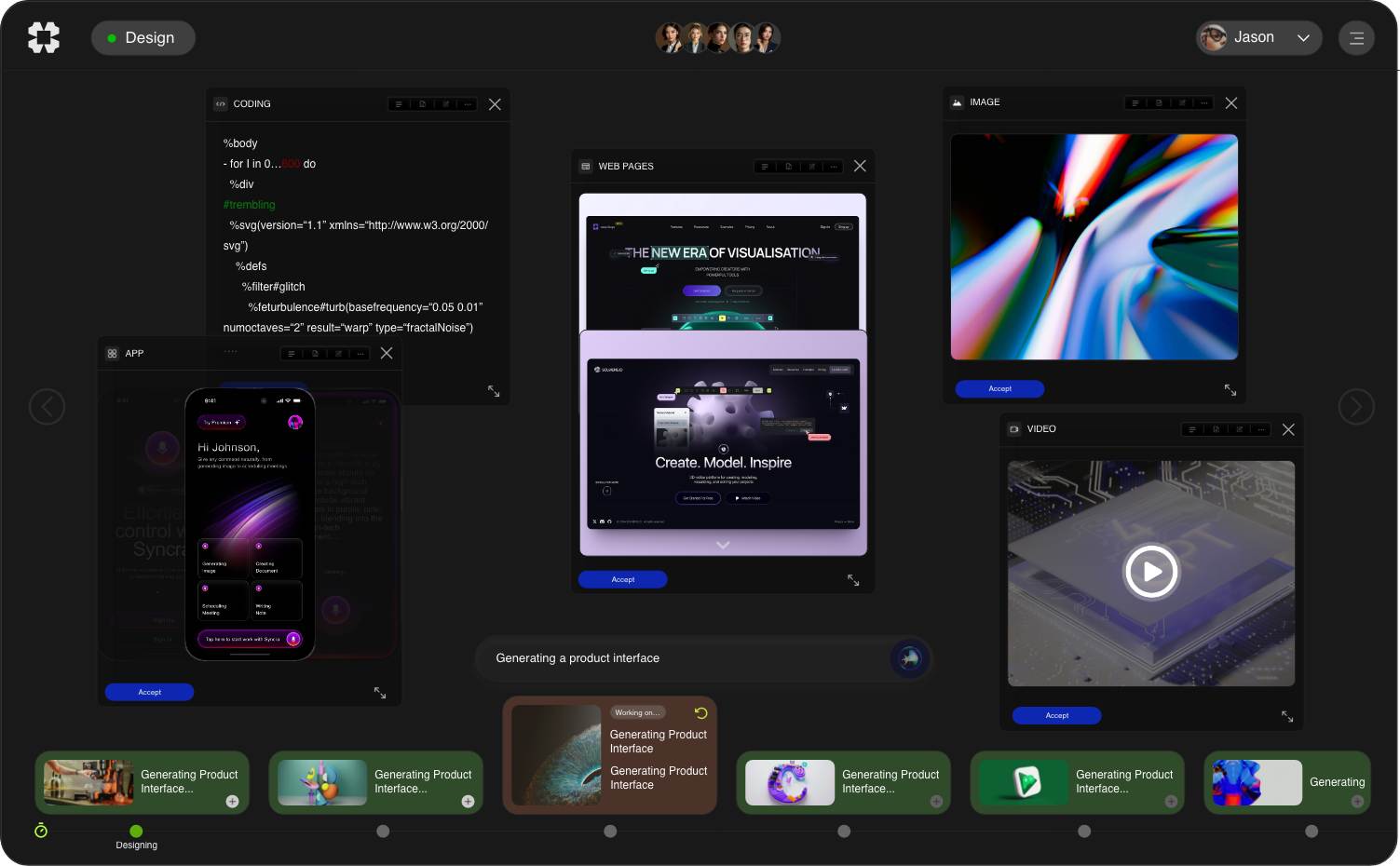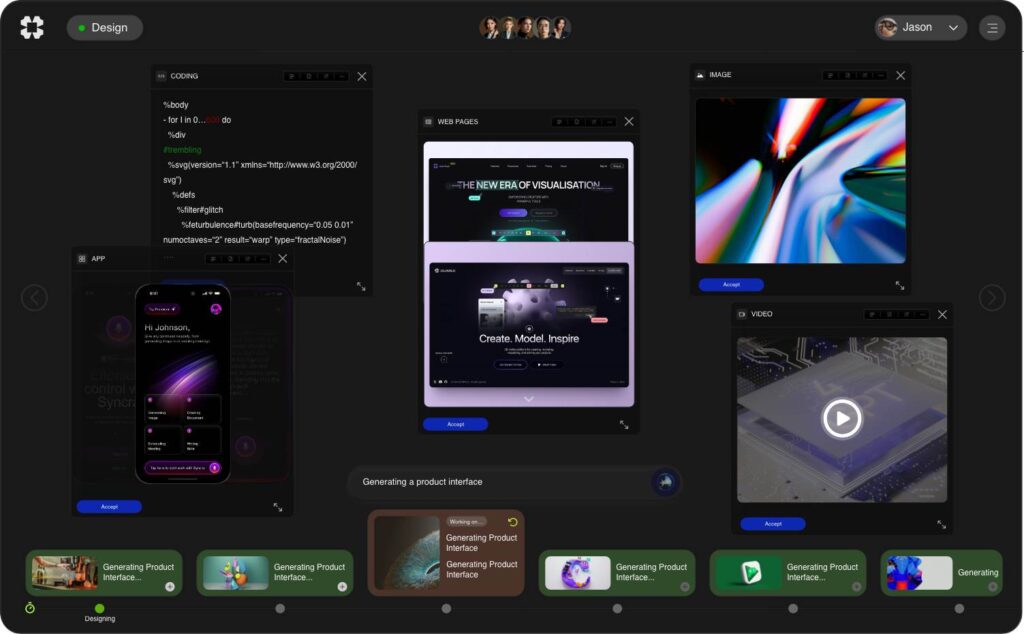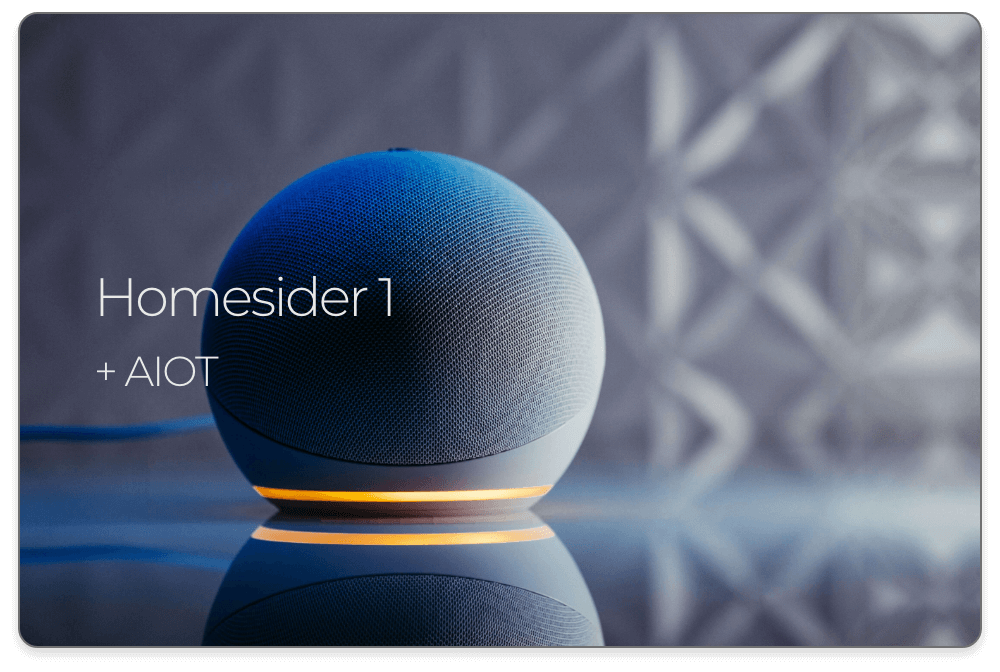In today’s rapidly evolving landscape, businesses are turning to AI-driven automation to streamline their operations, enhance productivity, and drive growth. As industries become increasingly complex, the integration of advanced technologies to automate processes is no longer an option but a necessity. AI-driven automation enables organizations to optimize their workflows, reduce costs, and focus on value-added tasks. This article delves into the latest trends, solutions, and industry applications of AI in automated marketing and business process management, highlighting key insights and use cases.
.
**Understanding AI-Driven Automation**
At its core, AI-driven automation refers to the use of artificial intelligence technologies to perform tasks that typically require human intelligence. These tasks can range from simple data entry to complex decision-making processes. The goal is to automate repetitive and mundane tasks, allowing human workers to concentrate on strategic, creative, and problem-solving activities. As more organizations embrace digital transformation, the demand for AI-driven automation is surging.
.
**Current Trends in AI-Driven Automation**
1. **Integration of Machine Learning**: The integration of machine learning algorithms in automation systems is helping businesses learn from historical data patterns and make informed decisions. Predictive analytics can enhance customer experiences, optimize supply chains, and improve overall operational efficiency. According to a report by McKinsey, organizations that utilize AI can increase their productivity by up to 40%.
2. **Rise of No-Code Platforms**: Many companies are recognizing the importance of empowering business users to create automated workflows without extensive programming knowledge. No-code platforms are gaining traction, enabling professionals from various fields to build tailored automation solutions quickly.
3. **Cloud-Based Solutions**: The migration to cloud-based systems has facilitated the scalability of AI-driven automation tools. Organizations can leverage cloud technologies for real-time data analysis and collaborative workflows without significant upfront investments in infrastructure.
.
**AI in Automated Marketing**
The marketing landscape has experienced a dramatic shift with the advent of AI technologies. Automated marketing powered by AI offers businesses unprecedented opportunities to engage customers and optimize their marketing strategies. From email marketing to social media advertising, AI-driven tools are reshaping how brands interact with consumers.
.
**Personalization and Customer Targeting**
AI tools enable marketers to analyze vast amounts of data, allowing for highly personalized customer engagement strategies. With the help of algorithms, businesses can segment audiences based on behavior, preferences, and purchasing history. This intelligent targeting leads to more relevant content delivery, increasing the effectiveness of marketing campaigns.
For example, companies like Netflix and Amazon utilize AI to analyze user behavior, offering personalized recommendations based on previous interactions. Such targeted marketing efforts have shown to significantly enhance customer satisfaction and loyalty.
.
**Predictive Analytics for Marketing Success**
Predictive analytics, fueled by AI, equips marketing teams with insights into future trends and customer behaviors. By analyzing historical data, AI models can forecast customer needs, enabling businesses to tailor their offerings proactively. This predictive capability also assists in inventory management and campaign planning, ensuring that marketing efforts align with actual demand.
As demonstrated by organizations like HubSpot, AI-driven predictive analytics has revolutionized lead scoring processes, allowing businesses to focus on high-potential prospects and enhance overall conversion rates.
.
**AI Business Process Management**
AI-driven business process management (BPM) combines automation and artificial intelligence to improve organizational efficiency. BPMS equipped with AI capabilities can analyze workflows, identify bottlenecks, and suggest improvements, resulting in streamlined operations.
.
**Improving Efficiency with Intelligent Automation**
Intelligent automation involves the use of AI technologies, such as natural language processing (NLP) and robotic process automation (RPA), to enhance decision-making processes and improve operational efficiency. For instance, banks are utilizing AI-powered chatbots to automate customer service inquiries, processing vast numbers of transactions and inquiries simultaneously.
A prime example of this application can be found in Citibank, which employs AI to streamline its loan processing and credit risk assessment operations. By automating these processes, the bank has reduced processing time significantly and improved customer satisfaction metrics.
.
**Enhancing Compliance and Risk Management**
AI in BPM plays a crucial role in ensuring compliance with regulations and managing risks. With the ability to analyze vast datasets and identify anomalies, AI technologies can flag potential compliance issues before they escalate. For example, the financial services sector is leveraging AI tools to monitor transactions for fraudulent activity and ensure adherence to regulatory requirements.
Companies like Deloitte are at the forefront of using AI-driven BPM solutions that facilitate enhanced risk management strategies, resulting in timely interventions and minimized risks.
.
**Industry Use Cases and Success Stories**
1. **Manufacturing Sector**: Companies in the manufacturing industry are leveraging AI-driven automation to optimize production processes. General Electric, through its Predix platform, is using AI to monitor equipment performance and predict maintenance needs, preventing costly downtimes and improving efficiency.
2. **Healthcare Industry**: The healthcare sector has adopted AI-driven automation to streamline administrative tasks and improve patient care. For instance, Nuance Communications uses AI-powered solutions to automate clinical documentation, allowing healthcare professionals to focus more on patient interactions rather than paperwork.
3. **E-commerce**: Retailers utilizing AI-driven automated marketing strategies have revolutionized customer engagement. Brands like Shopify provide tools that automate email campaigns and track customer behavior, unlocking deeper insights into consumer preferences and trends.
.
**Technical Insights and Future Directions**
As the landscape of AI-driven automation continues to evolve, businesses must stay ahead of the curve by adopting the latest technological advancements. Here are some key insights and future directions for organizations seeking to leverage AI successfully:
1. **Understand Your Data**: Data remains the foundation for effective AI-driven automation. Organizations should prioritize data collection, organization, and analysis to enable robust AI models that yield actionable insights.
2. **Invest in Talent and Training**: As AI technologies become more integrated into business processes, a skilled workforce will be central to their success. Investing in employee training and attracting talent in data science and AI is essential for reaping the benefits.
3. **Embrace Continuous Improvement**: AI systems are not a one-time solution. Organizations must adopt a mindset of continuous improvement, iterating on AI models and automation tools to adapt to an ever-changing market landscape.
.
**Conclusion**
AI-driven automation has emerged as a transformative force across industries, enabling organizations to operate more efficiently and effectively. From automated marketing strategies to intelligent business process management, the impact of AI technologies is profound. Companies must embrace these innovations and leverage AI to remain competitive in today’s dynamic business environment. As we continue to explore the potential of AI and automation, the future looks bright for organizations willing to adapt and evolve in this exciting landscape.
.
**Sources:**
1. McKinsey. (2022). “The State of AI in 2022”
2. HubSpot. (2022). “How AI is Transforming Marketing”
3. Deloitte. (2023). “AI and Risk Management”
4. GE Reports. (2022). “How AI is Helping GE Improve Manufacturing Processes”
5. Nuance Communications. (2022). “Automating Documentation in Healthcare”

























